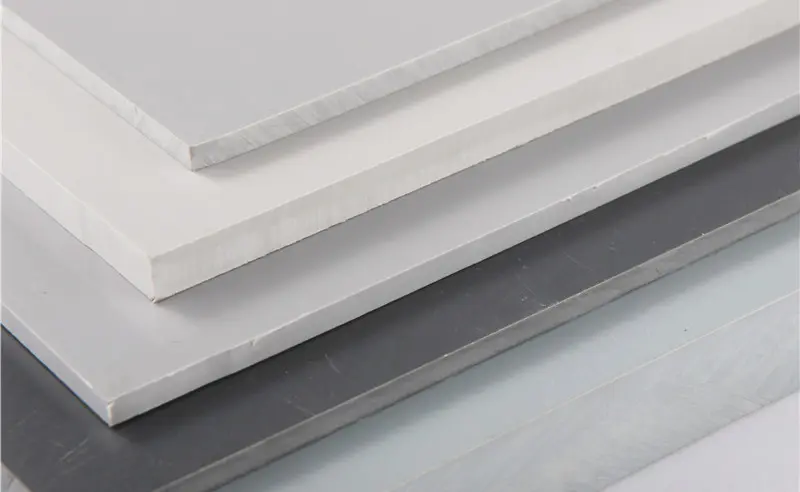Lis . 25, 2024 04:30 Back to list
1 inch pvc pipe
The Versatility and Uses of 1 inch PVC Pipe
PVC (Polyvinyl Chloride) pipe is a common material used in various plumbing and construction applications. Among the various sizes available, the 1-inch PVC pipe stands out due to its versatility and suitability for a wide range of projects. This article explores the features, benefits, and various uses of 1-inch PVC pipes, highlighting their importance in both residential and commercial settings.
Understanding PVC Pipes
PVC pipes are known for their durability, corrosion resistance, and ease of handling. The manufacturing process involves combining vinyl chloride monomer with additives to enhance performance, making PVC pipes a preferred choice for many plumbing applications. The 1-inch size is especially popular, as it strikes a balance between capacity and manageability, making it suitable for various tasks without being overly cumbersome.
Key Features
1. Durability 1-inch PVC pipes are designed to withstand high pressure and resist impact, making them long-lasting even in challenging environments. 2. Corrosion Resistance Unlike metal pipes, PVC does not rust or corrode, which is particularly beneficial in a variety of applications where exposure to water and moisture is common. 3. Lightweight The lightweight nature of PVC pipes makes them easy to transport and handle, which is a significant advantage during installation. 4. Ease of Installation PVC pipes can be easily cut, connected, and shaped to fit specific designs. This ease of use allows for quick assembly and modification.
Applications
1. Residential Plumbing One of the most common uses for 1-inch PVC pipes is in residential plumbing systems. They can be used for both supply lines and drainage systems. Their ability to handle both cold and hot water makes them a versatile choice for home plumbing. 2. Irrigation Systems Many gardeners and landscapers prefer 1-inch PVC pipes for their irrigation systems. Due to their pressure tolerance, they efficiently transport water throughout gardens, lawns, and agricultural fields, ensuring plants receive the necessary hydration.
1 inch pvc pipe

3. HVAC Systems In heating, ventilation, and air conditioning (HVAC) systems, PVC pipes are often utilized for ductwork. Their non-corrosive properties make them ideal for carrying air without the risk of rust or degradation over time.
4. Electrical Conduits 1-inch PVC pipes are also frequently used as conduits for electrical wiring. They provide protection for electrical lines, helping to prevent damage from moisture, chemicals, and physical impact.
5. Drainage and Waste Systems Thanks to their resistance to chemicals and decomposition, PVC pipes are often employed in drainage systems, sewage, and waste lines. Their ability to withstand both solid and liquid waste makes them a reliable choice for managing drainage effectively.
Benefits of Choosing PVC
When considering materials for plumbing, irrigation, or construction projects, choosing 1-inch PVC pipes presents numerous benefits
- Cost-Effective PVC pipes are generally less expensive than their metal counterparts, making them an economical option for large projects. - Low Maintenance Once installed, PVC pipes require minimal maintenance, saving time and costs in the long run. - Environmentally Friendly PVC pipes can be recycled, and their long lifespan means fewer resources are used for replacements.
Conclusion
1-inch PVC pipes represent an essential component in plumbing and construction, offering a range of benefits that cater to various needs. From residential plumbing to irrigation and electrical applications, their versatility and reliable performance make them a top choice among contractors and DIY enthusiasts alike. As we continue to explore sustainable and efficient building practices, the role of PVC pipes in facilitating modern infrastructure will undoubtedly remain significant.
-
High-Precision PVC Rigid Sheets for Vacuum Forming | AI-Optimized
NewsAug.05,2025
-
Durable PVC-M Water Supply Pipes | 60-Year Life
NewsAug.04,2025
-
Premium HDPE Water Supply Pipes: Durable & Leak-Proof
NewsAug.03,2025
-
Premium PVC-M Water Supply Pipe - Durable & Efficient
NewsAug.02,2025
-
HDPE Drainage & Irrigation Pipe - Durable, Efficient Solutions
NewsAug.01,2025
-
Premium PVC Transparent Pipe: Durable & Clear Solutions
NewsJul.31,2025

